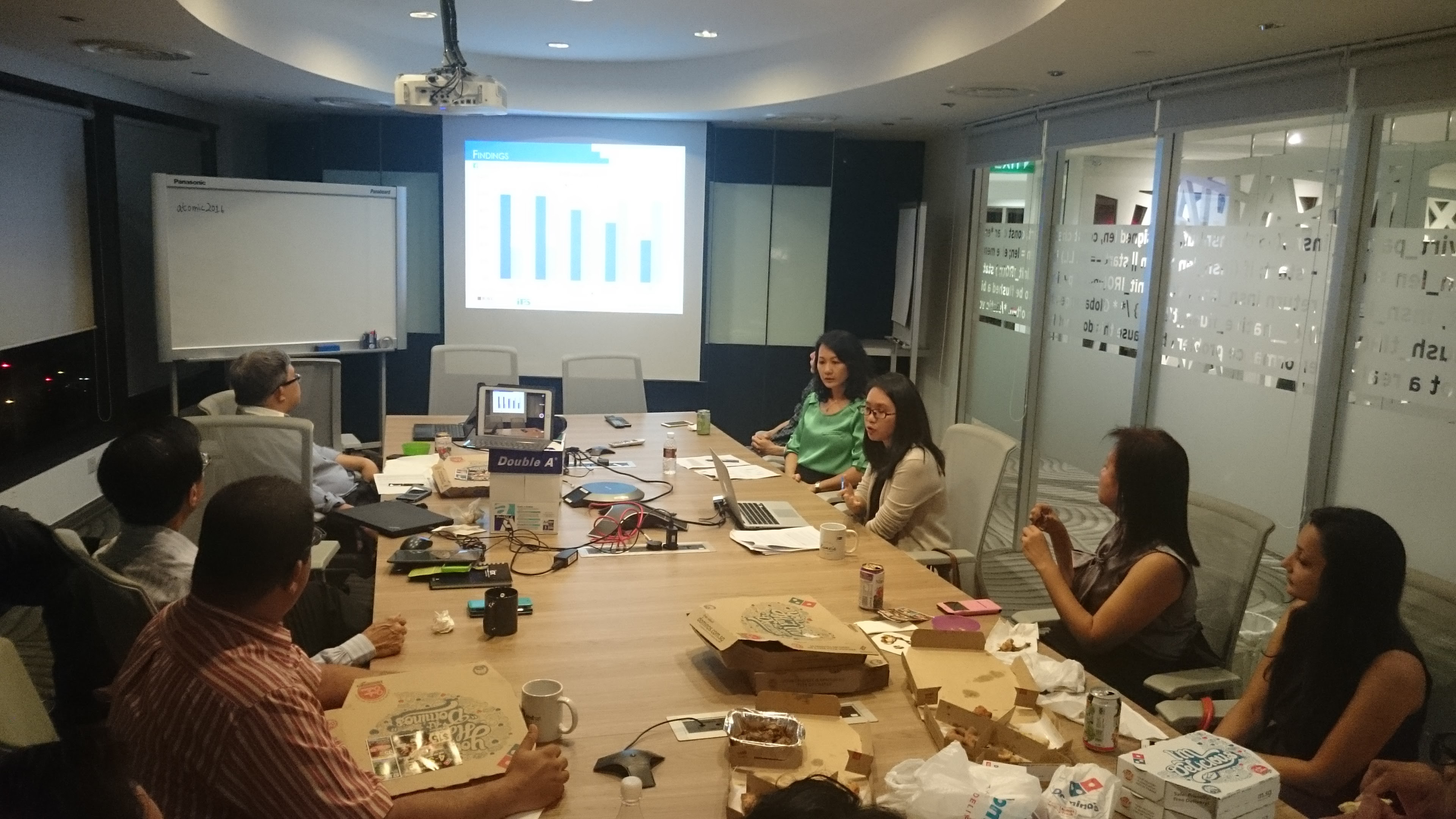Does the Internet help the opposition parties in Singapore overcome structural disadvantages offline, or does it replicate the dominance of the ruling party? The researchers assessed five political parties according to how well they use their websites and Facebook during the 2015 general election (GE15).
Normalization versus Equalization Effects of the Internet for Political Parties: Singapore’s General Election 2015 as a Case Study
Date/Time: 24 Aug 2016 Wed, 7-8pm sharp, (note: this will be followed by the ISOC SG AGM 2016 from 8-9pm, which is only open to members.)
Venue: APAC Meeting Room, Red Hat Asia Pacific, 8 Shenton Way #10-00, AXA Tower, Singapore 068811
Fee: free for members; but membership will be available at the door for SGD$50 (annual fee) if you’d like to come!
To RSVP: please send an email with your name, company and designation, and email to info@isoc.sg
Agenda:
6.30 pm Registration and coffee
7.00 pm Briefing by TNG YING HUI and CAROL SOON (Institute of Policy Studies)
7.45 pm Discussion and Q&A
8.00 pm END BRIEFING
[ISOC SG AGM 2016 (for ISOC SG members only)
8.00 pm AGM 2016 starts
9.00 pm End AGM 2016]
Speakers
TNG YING HUI is a Research Assistant in the Arts, Culture and Media cluster at the Institute of Policy Studies. Her research areas include Internet regulation and the impact of new media on politics. She has a master’s degree in International Studies from the Josef Korbel School of International Studies at the University of Denver. Before graduate school, she worked at CNBC. Her by-lines have appeared in the Asian Correspondent and Al Jazeera.
CAROL SOON is a Senior Research Fellow at the Institute of Policy Studies. Carol’s research interests include social media and politics, digital engagement, digital technologies and advocacy, and surveillance. She led the study on media and Internet use during General Election 2015. Carol worked in the corporate sector where she developed communication campaigns for profit and non-profit organisations prior to joining NUS.
To RSVP: please send an email with your name, company and designation, and email to info@isoc.sg
Fee: free for members; but membership will be available at the door for SGD$50 (annual fee) if you’d like to come!


